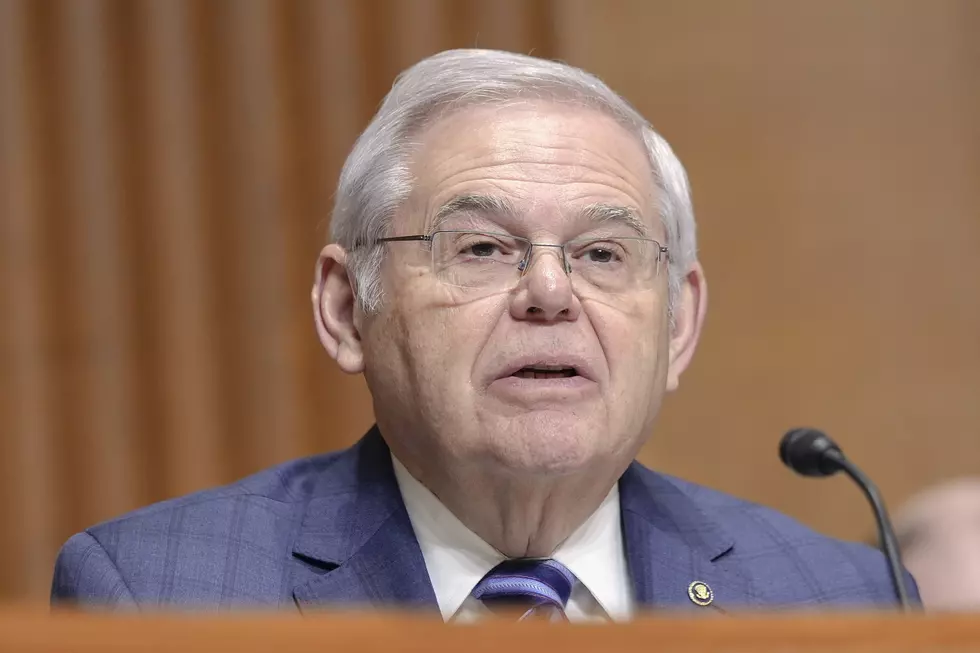
A guide to the latest Ebola developments
One of the two Ebola patients hospitalized in the United States died Wednesday, a little over a week after he was diagnosed with the deadly infectious disease that has killed thousands of people in West Africa and recently emerged in the U.S. and Europe.
A look at the essential developments worldwide:
THE LATEST
A Dallas hospital announced the death of Thomas Eric Duncan, the Liberian man who brought Ebola to the U.S. Duncan arrived in Dallas Sept. 20 from Liberia and fell ill a few days later. He was sent home after an initial visit to the emergency room but went back to the hospital after his condition worsened.
Duncan's diagnosis set off an intense effort by Dallas public-health officials to contain the virus in anyone who came into contact with him. They were monitoring a group of 10 people considered at greatest risk of infection.
THE TOLL
Ebola has killed more than 3,400 people in West Africa and infected at least twice that many, according to the World Health Organization. The virus has taken an especially devastating toll on health care workers, sickening or killing more than 370 of them in the hardest-hit countries of Liberia, Guinea and Sierra Leone - places that already were short on doctors and nurses before Ebola.
THE U.S. PATIENTS
With Duncan's death, an NBC News freelance cameraman hospitalized in Nebraska is the sole Ebola patient in the U.S. He is the fifth American with Ebola to return home for treatment during the latest outbreak.
THE WAY IT SPREADS
The virus that causes Ebola is not airborne and can only be spread through direct contact with bodily fluids - blood, sweat, vomit, feces, urine, saliva or semen - of an infected person who is showing symptoms.
THE TREATMENTS
There are no approved medications for Ebola, so doctors have tried experimental treatments in some cases, including drugs and blood transfusions from others who have recovered from Ebola. The survivor's blood could carry antibodies for the disease that will help a patient fight off the virus.
On Wednesday, the cameraman was to receive a transfusion of blood drawn from Dr. Kent Brantly, the first of the five Americans to return to the U.S. to be treated for Ebola. Both the cameraman and Duncan received an experimental drug called brincidofovir, which is an oral medication developed to fight several other viruses. Laboratory tests suggested it may also work against Ebola.
OTHER VIRUSES
Until Duncan's diagnosis last week, Ebola had never emerged in the United States. But other related viruses have been here, including a case of Marburg virus, which manifests as a viral hemorrhagic fever and is considered just as deadly as Ebola, and four cases of Lassa fever in the past decade.
More From New Jersey 101.5 FM









